As reported earlier by Magyar Nemzet, Zelensky told Fox News that elections in Ukraine could only be held if security and international support were guaranteed. In the Ukrainian President's view, voting requires both the protection of citizens and international agreements. The speaker of the Verkhovna Rada, however, categorically stated: elections can only take place once the war ends.
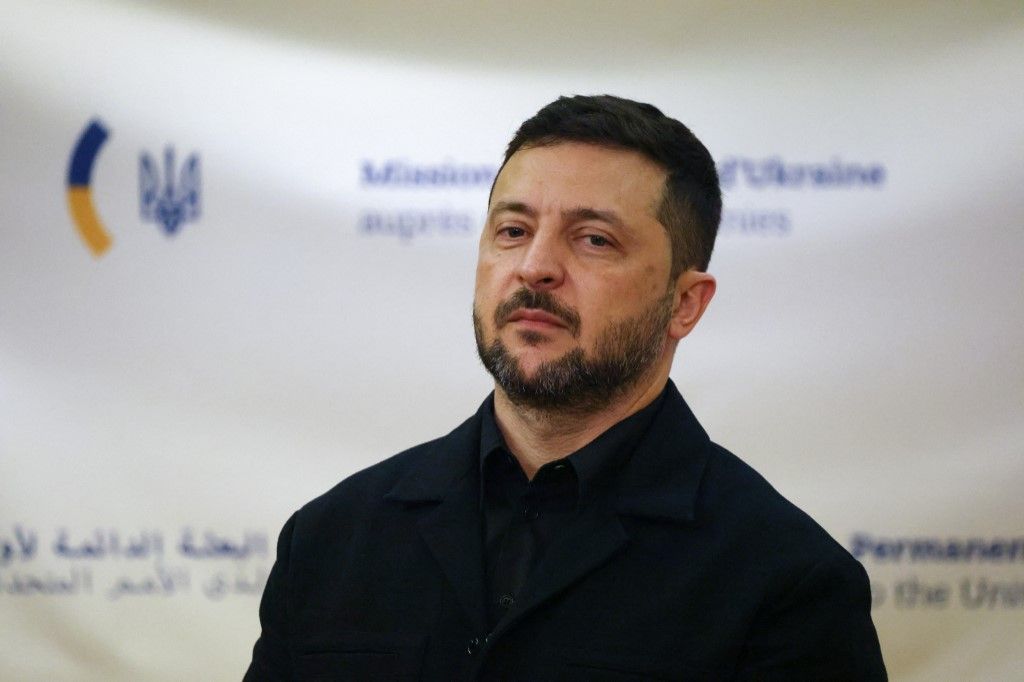
Zelensky himself has also made it clear several times that as long as the war continues, there will be no elections in Ukraine. Peter Siklosi noted that while postponing elections in wartime is not unprecedented in history, the real test will come if the front falls silent – for example, through a lasting ceasefire – and whether Zelensky would then actually call an election.
The expert pointed out that if there is a truce but no vote, Zelensky would face serious internal and external pressure.
According to Siklosi, another pressing question is what counts as the “end of the war.”
A legally binding peace treaty is one thing; a long-term ceasefire is another – and the latter is more likely. But would elections be held under such circumstances?
The senior researcher considers the postponement of elections less of a problem than the other long-standing issues surrounding Ukraine's democracy.
He stressed that postponing elections in and of itself does not automatically mean a country is undemocratic. However, Ukraine has long had other problems: corruption, and the suppression of minorities.
Siklosi also noted that Zelensky’s popularity, though still relatively high as many Ukrainians see him as a symbol of defense, has been slowly but steadily declining since the war began. A peace deal with Russia could shatter his image, meaning continued war could also serve his political survival.
The question of whether there is any genuine political alternative to Zelensky also arises.
For now, the consensus among analysts says there currently isn’t one in Ukraine. The most likely challenger would be General Valery Zaluzhny, the former commander-in-chief, now ambassador to London – deliberately stationed far away by Zelensky,
Siklosi noted, adding that former Foreign Minister Dmytro Kuleba has also appeared in London, where he called for ending the war and pursuing negotiations. According to the expert, this may signal the outline of a political alternative to Zelensky in the future.
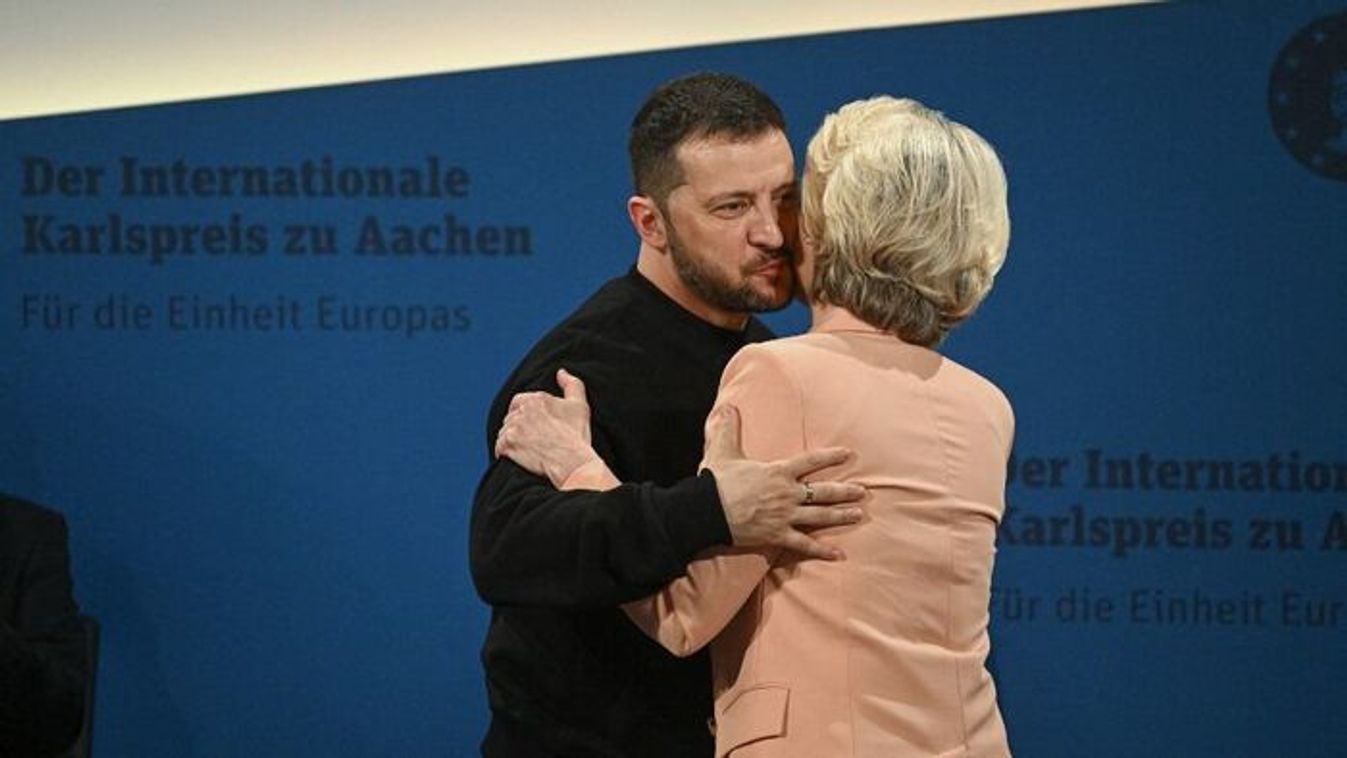
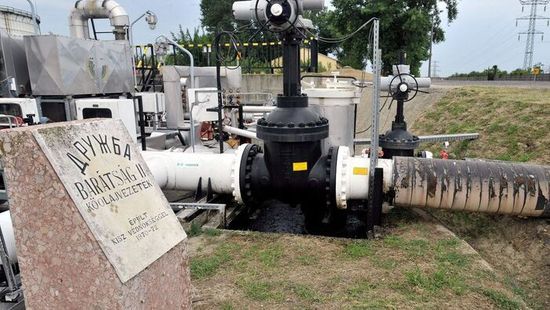
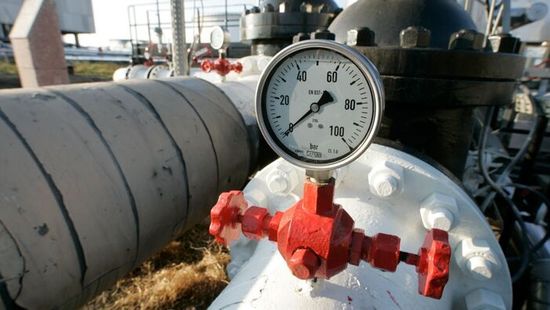
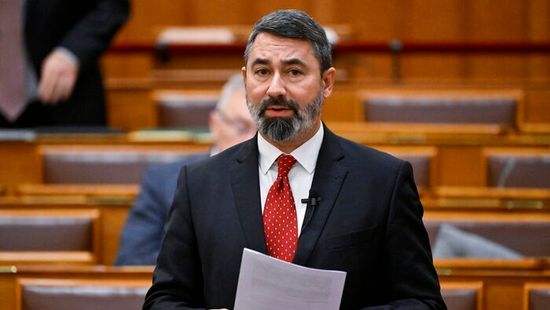
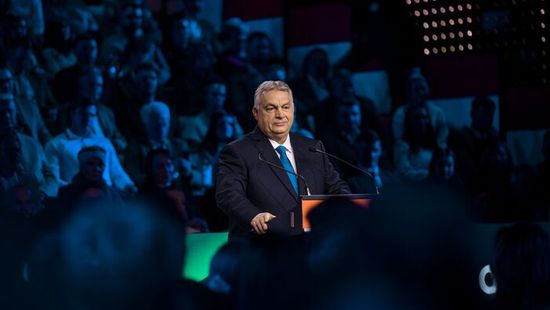

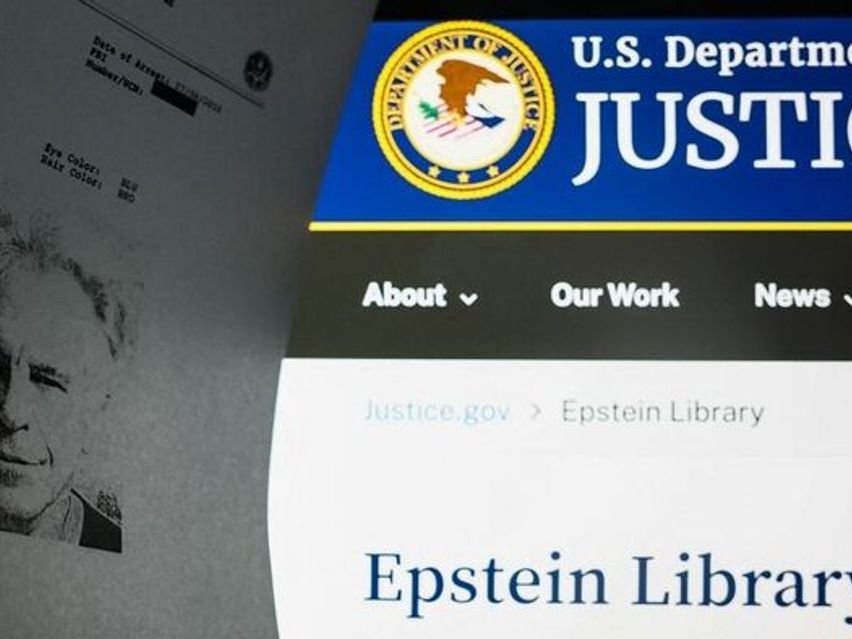
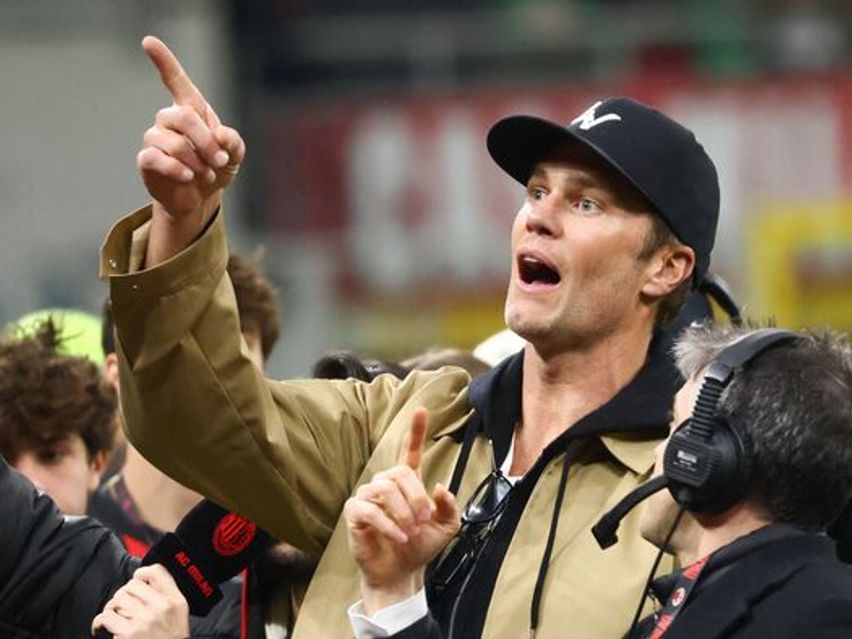
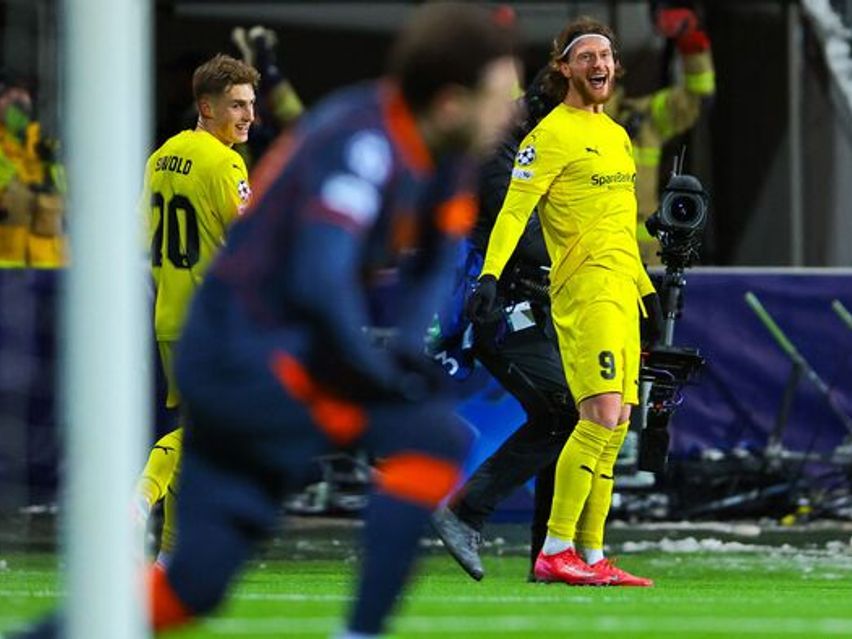
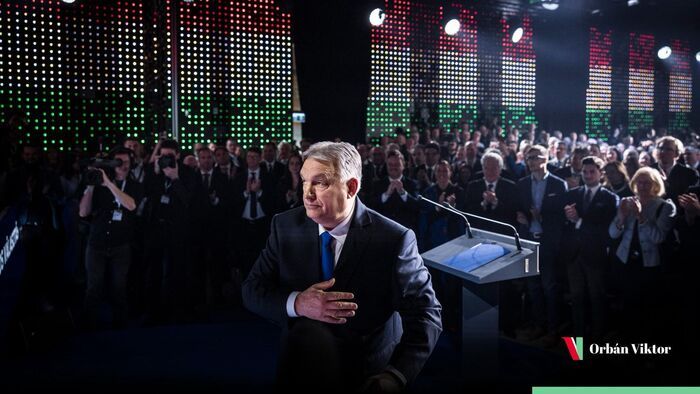



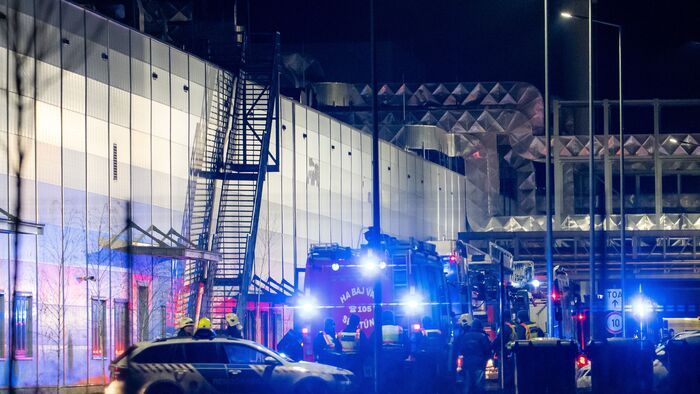
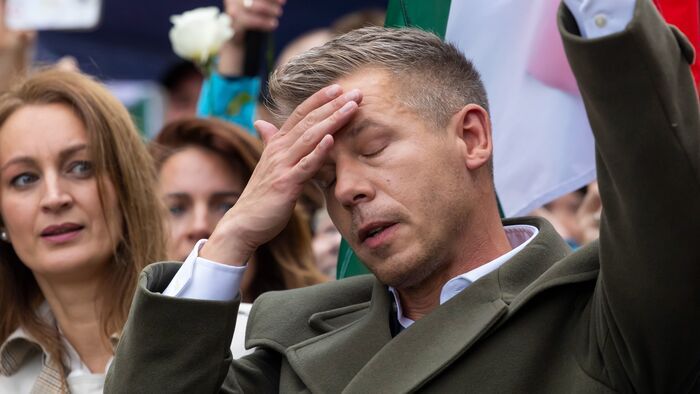
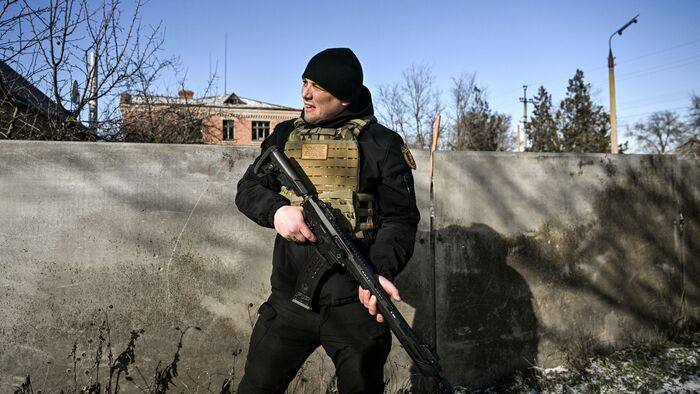
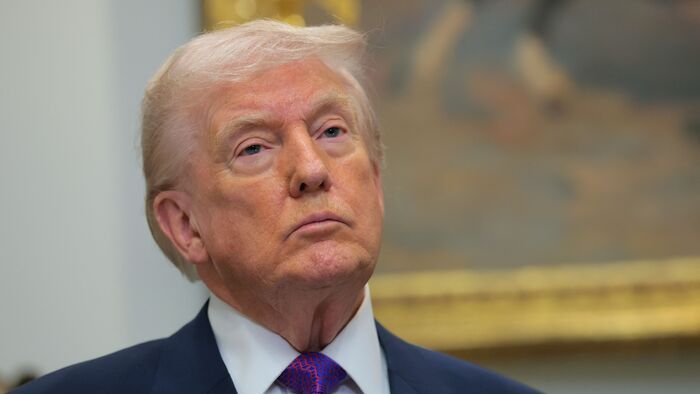
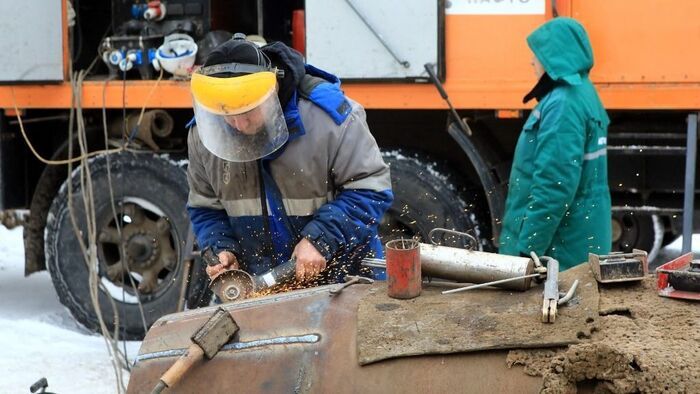

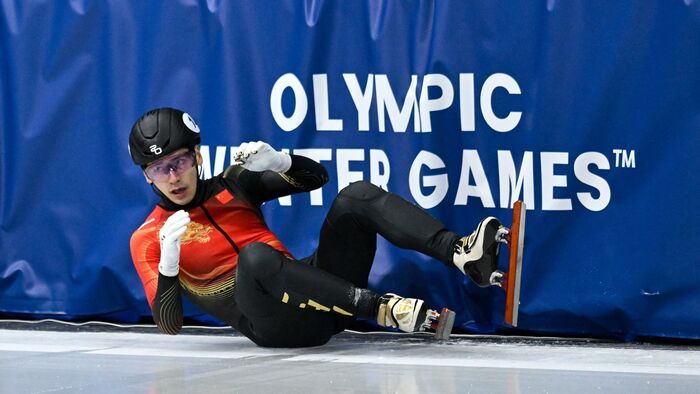
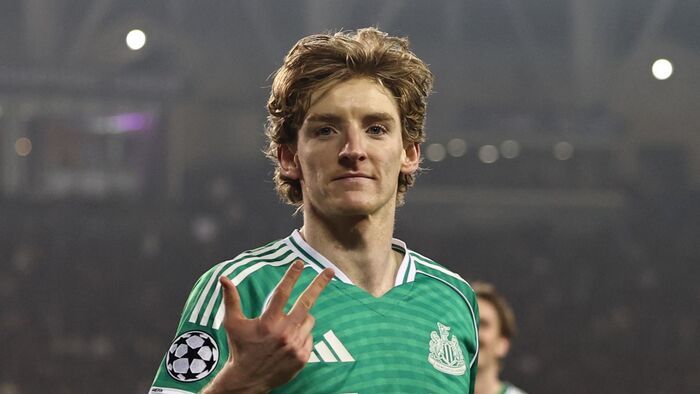
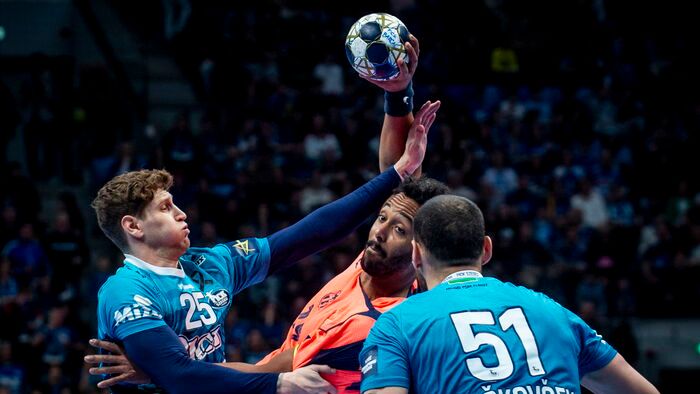

Szóljon hozzá!
Jelenleg csak a hozzászólások egy kis részét látja. Hozzászóláshoz és a további kommentek megtekintéséhez lépjen be, vagy regisztráljon!